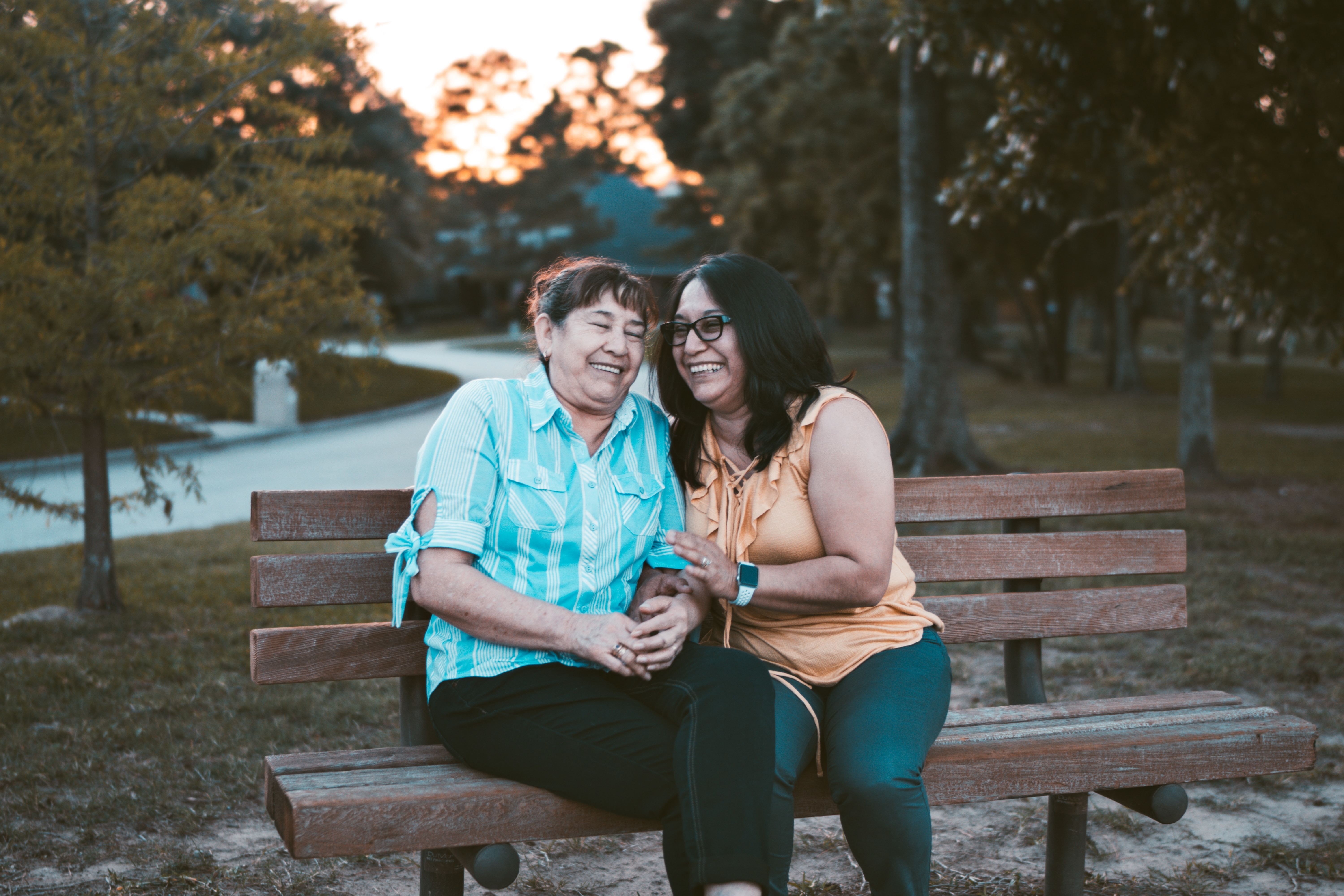I was diagnosed with Sjögren’s in late 2017, at the age of 34.
After the birth of my son in 2014, I started experiencing a range of puzzling symptoms, notably chronic fatigue, gastrointestinal issues, and dysautonomia-type symptoms. Despite seeking medical attention from various specialists over the course of three years, these symptoms were usually dismissed as stress and anxiety. However, a persistent abnormality in my lipase levels (an enzyme released by the pancreas) caught the attention of a gastroenterologist. Curiously, he asked about any family history of Sjögren’s, a term that was very much unfamiliar to me at the time. I later realized he had asked this question because, as an exocrine gland, the pancreas can sometimes be affected in Sjögren’s, and he had suspected I could have autoimmune pancreatitis. Although I was not found to have autoimmune pancreatitis, my antinuclear antibodies (ANA) level was markedly elevated. This gastroenterologist was finally onto something.
I then saw a rheumatologist who ran more tests that revealed very high levels of SSA antibodies, indicating I have an underlying autoimmune condition. It was first suggested that I either have Sjögren’s or Undifferentiated Connective Tissue Disease. Interestingly, however, a subsequent visit to the optometrist revealed I had significant dry eyes. This solidified the Sjögren’s diagnosis and ultimately marked the beginning of a new chapter in my health journey.
My main symptoms include dry eyes, dry nasal passages and throat, dysphagia, reflux, esophageal spasms, muscle aches, and debilitating fatigue. I find Sjögren’s also exacerbates some of my other health conditions, and navigating new symptoms can be quite challenging as many physicians are still unfamiliar with the full spectrum of its effects. Physically, the fatigue is particularly tough to manage. It's a whole-body exhaustion plus brain fog that makes even the simplest tasks feel daunting sometimes. It’s hard to predict when it will strike at its worst. This is especially difficult given I have a young child with a rare genetic neurodevelopmental disorder and special needs (unrelated to my Sjögren’s), whose care requires a lot of my focus and energy. Mentally, it's hard not to mourn the person I used to be before Sjögren’s. My anxiety has heightened, and accepting my new normal has been a journey in itself. Unfortunately, because of my health challenges, I have been unable to continue my career full-time. Despite this, I try to give myself grace and acknowledge the strength it takes to navigate the challenges of having a chronic illness each day.
I find one of the toughest aspects of living with Sjögren’s is the lack of understanding from family, friends, colleagues, and even those in the medical profession. Having an invisible illness can feel isolating, especially when support is needed the most. When I was first diagnosed, I did not know one other person with Sjögren’s. That's why, after my diagnosis, I sought out resources from the Sjögren’s Society of Canada (SjSC) and support groups. Unfortunately, the in-person groups in Ottawa were no longer available. So, in 2020, I decided to reach out to the SjSC and ask about stepping into that role to help build a supportive community for individuals living with Sjögren’s.
Since then, the Ottawa group has grown significantly. There are approximately 75 people on my email list now. Typically, 10-15 people will come to the virtual group meets that are held every few months, and we have an active online Facebook group. We also had a great turnout for last year’s SjSC National Walk for Sjögren’s. Additionally, there are several newly diagnosed individuals reaching out to me each month to join the group. I am pleased to see more people get diagnosed earlier on in their symptom journey, and I hope this reflects increased awareness of Sjögren’s among the medical community.
I feel incredibly fortunate to be part of a supportive community where we can lean on each other, share experiences, and uplift one another in the face of adversity. I'm also grateful for organizations like the SjSC for providing educational resources and opportunities for us to connect and advocate together.
To my fellow Sjögren’s patients, I offer these three pieces of advice: (1) Firstly, advocate tirelessly for yourself. I know it can add to the exhaustion but given the unique manifestation of Sjögren's in each individual, cultivating a supportive healthcare team is paramount. (2) Secondly, always prioritize self-care. Tailor your lifestyle habits to accommodate the challenges of living with Sjögren’s, and remember to carve out time for rest and self-awareness. Managing a chronic condition requires patience and self-compassion. Embrace the small victories, celebrate your strength, and seek solace in the understanding that you are not alone on this journey. (3) Lastly, engage actively within the Sjögren’s community. By participating in support groups and advocacy initiatives, you can forge connections with others and contribute to the broader effort of raising awareness. Your involvement holds the power to significantly enhance visibility and outcomes for all those impacted by Sjögren’s.
Together, let's continue to support each other and work towards better care and treatment for Sjögren’s!


